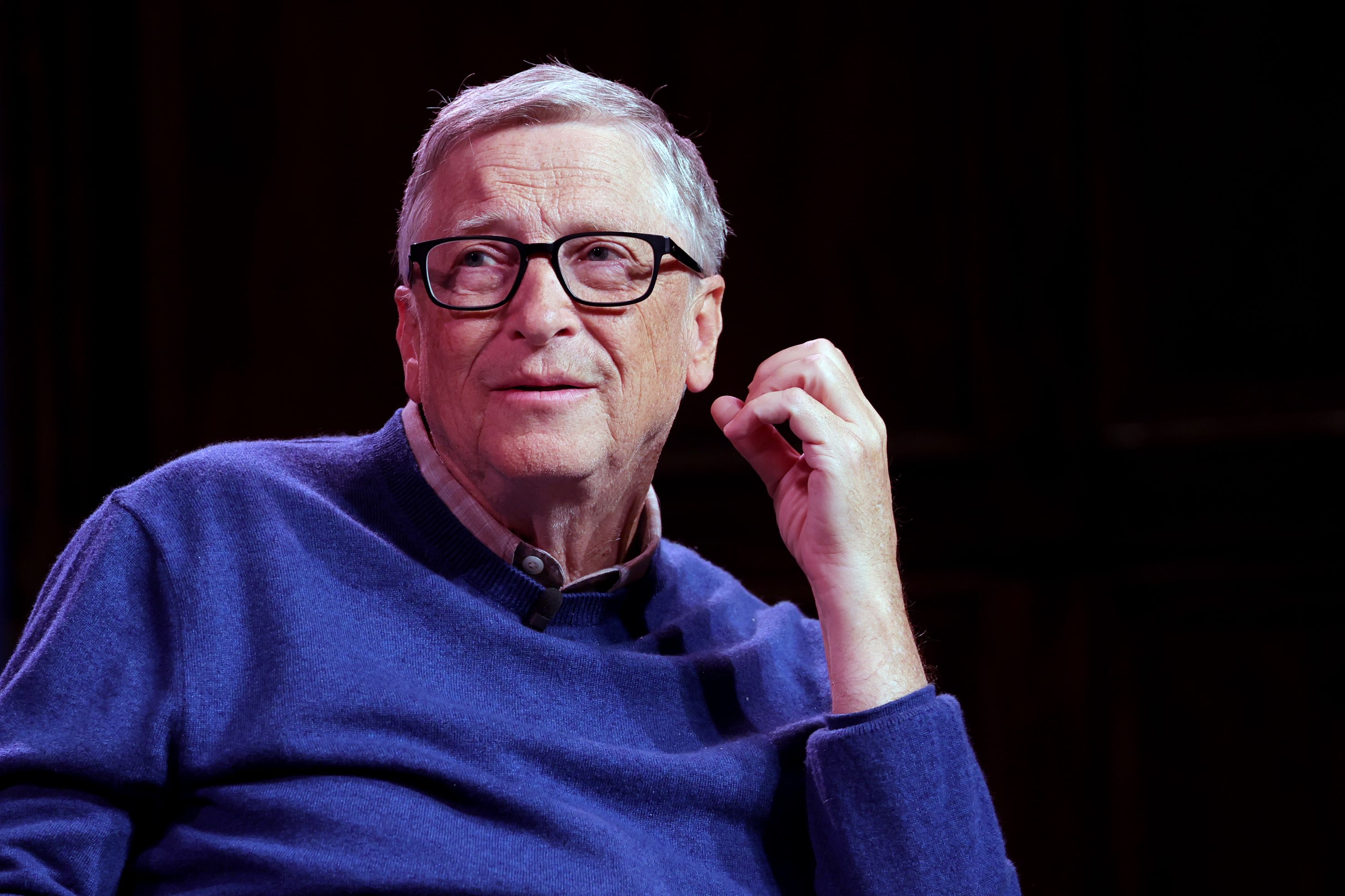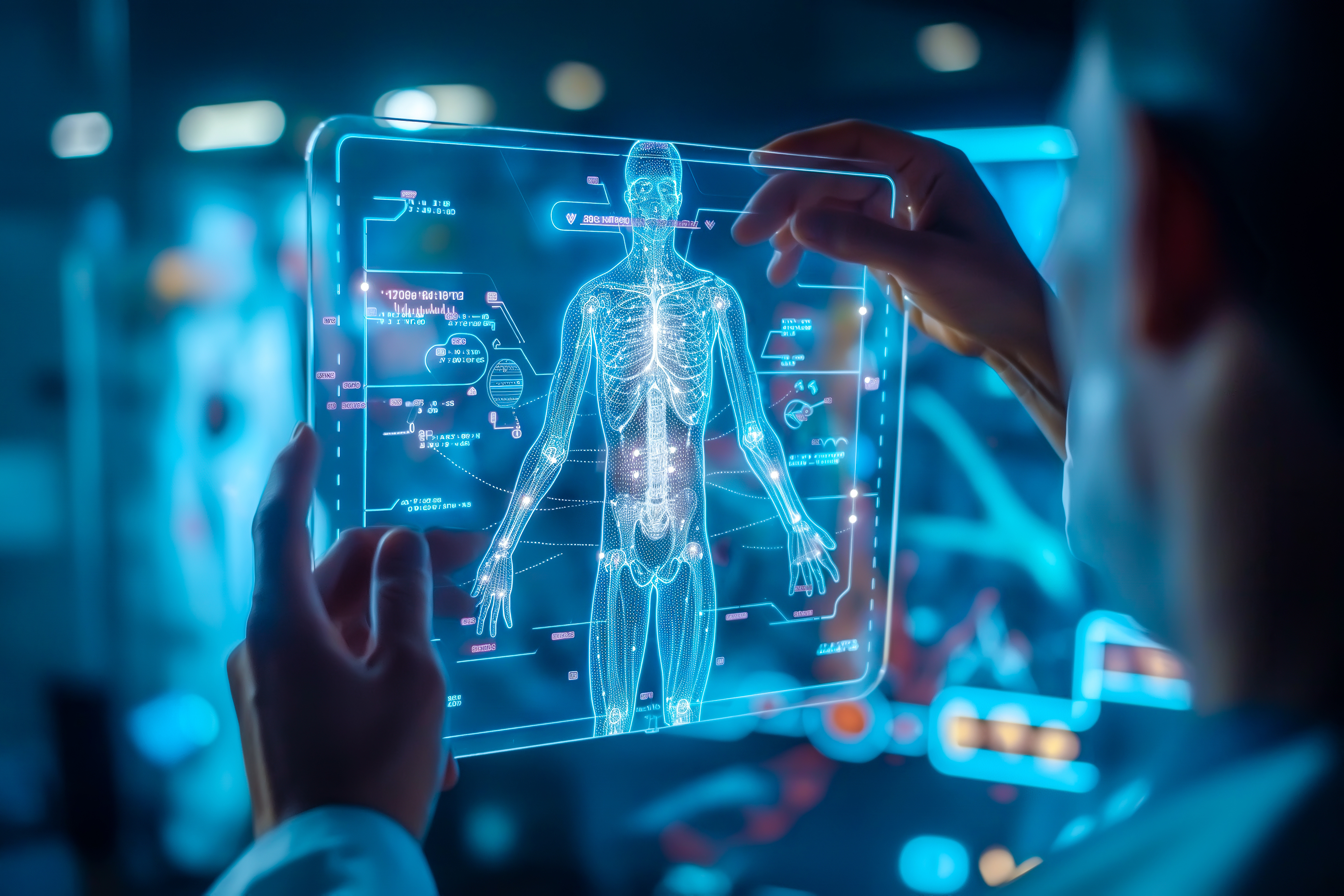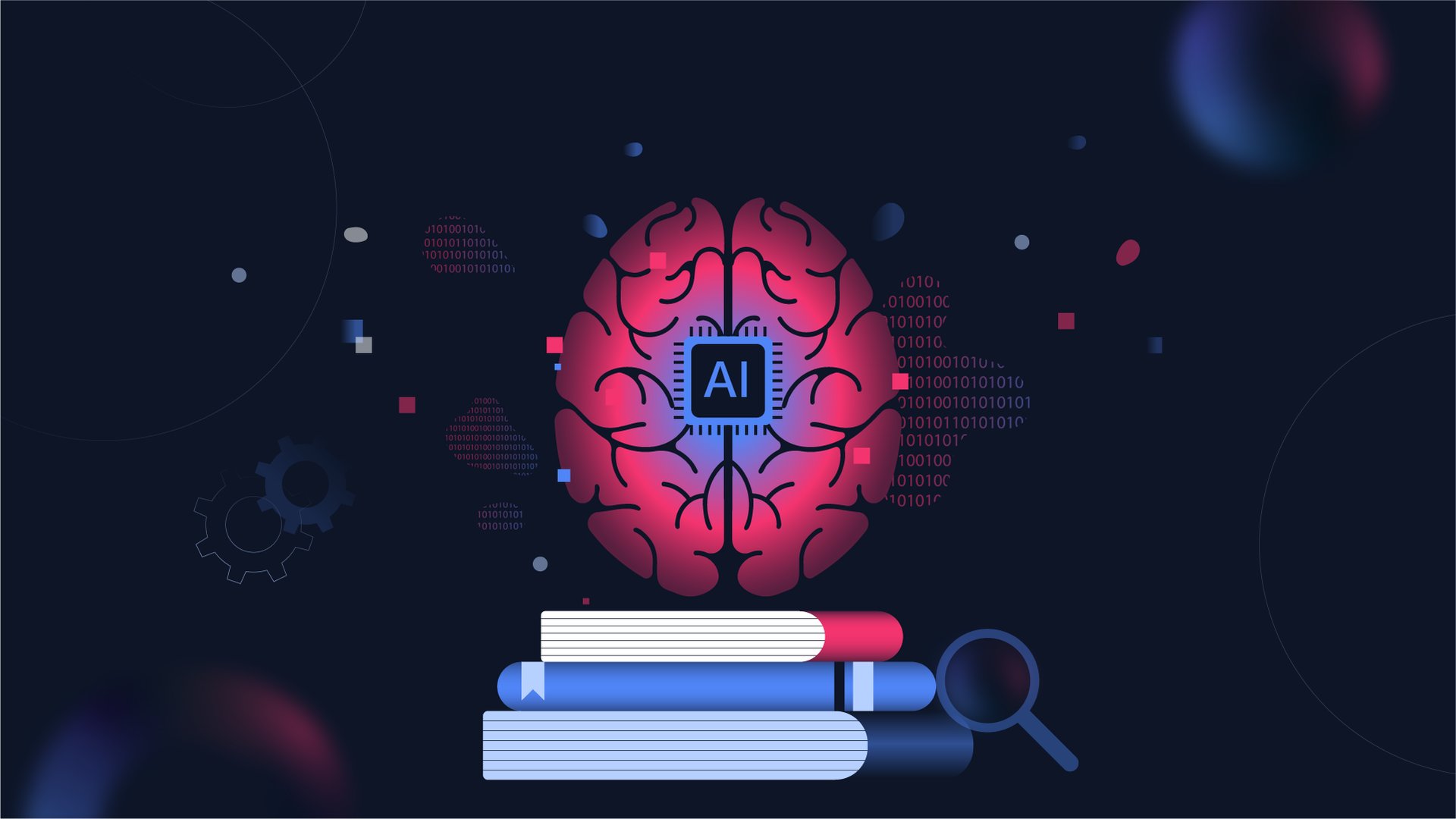Bill Gates Predicts AI Will Solve the Shortage of Doctors and Teachers
“AI will come in and provide medical IQ, and there won’t be a shortage,” Gates explained. It's a simple statement, but it carries profound implications for the future of healthcare, education, and the role of technology in human lives.
AI in Medicine: Bridging the Healthcare Gap
Access to quality healthcare has always been an uneven privilege. In many parts of the world, there simply aren’t enough trained medical professionals to meet demand. Rural areas, developing countries, and even urban centers often face shortages that leave millions without proper medical care.
Bill Gates envisions a world where AI systems, trained on vast amounts of medical data, could provide expert-level medical knowledge directly to patients or assist healthcare providers. AI could diagnose diseases, recommend treatments, and even predict potential health risks before they become critical.
Imagine AI-driven apps or kiosks capable of performing accurate, quick diagnostic evaluations — available in every village, town, or underserved community. AI won’t replace human doctors entirely, but it can handle the heavy lifting, offer second opinions, and bridge the gaps where human resources are lacking.
The result? Medical knowledge would no longer be locked behind the walls of elite institutions or urban hospitals. It would be democratized, accessible to anyone, anywhere.
AI in Education: A New Era for Learning
Similarly, the shortage of qualified teachers has long hindered educational progress. Millions of children worldwide either receive a subpar education or none at all because there simply aren’t enough educators to go around.
AI could step into this role as well, offering personalized tutoring and adaptive learning experiences tailored to each student's unique needs. AI can work around the clock, teaching math, science, reading, and even soft skills like critical thinking. It can adjust its teaching style based on how a student learns best — something even the best human teachers find challenging with large class sizes.
Imagine a child in a remote village learning calculus or English grammar through an AI-powered tutor as skilled as the world's best teachers. Gates' vision suggests that AI could provide not just access to education, but access to excellent education — for everyone.
A Future of Collaboration, Not Replacement
It’s important to understand that Gates is not advocating for a future where AI replaces doctors and teachers. Instead, he sees AI as a powerful assistant that can extend the reach of human expertise, filling in where gaps exist and supporting professionals in doing their work even better.
Doctors will still be needed for complex surgeries, nuanced patient care, and emotional support. Teachers will still be crucial for mentoring, inspiring, and guiding students. But AI can handle the repetitive tasks, the heavy content delivery, and the logistical challenges — freeing humans to focus on what they do best: connection, creativity, and critical thinking.
An Optimistic View
Bill Gates' statement offers a refreshingly optimistic view of the future of AI — not one where humans are replaced, but one where human capacity is expanded. If his vision comes true, AI could be the key to finally solving two of the most urgent and persistent shortages in society: doctors and teachers.
The path won’t be without challenges — issues like data privacy, ethical AI use, and the need for strong regulatory frameworks will need to be addressed. But the potential is enormous. AI could usher in a new era of accessible healthcare and education, offering opportunities and life-changing services to millions — and perhaps billions — who have been left behind.
In the end, AI might not just be about smart machines. It might be about a smarter, more equitable world.



Comments
Post a Comment